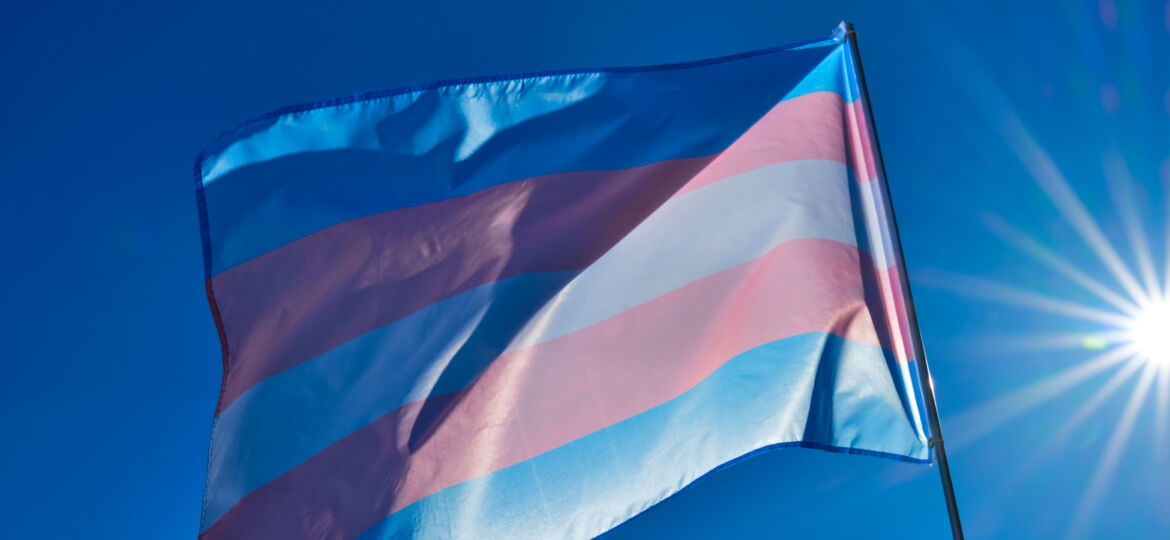
Empowering nurses in a diverse world
“So remind me again, Alice is now Alex, Katie is Kit and Ellie is what?” When my 11-year-old daughter started at an all-girls secondary school, I was keen to show an interest and tried hard to remember the names of her classmates. I never imagined that three years on I would have to start re-learning their names, as a number took on gender neutral identities and some began struggles with their gender identity.
The number of young people questioning conventional gender expectations and seeking recognition of their gender diversity has shown a significant increase in recent years. Moreover, this trend has been especially pronounced for those assigned female at birth. Although the underlying reasons for this change are unknown, nurses and other healthcare professionals often find themselves on the front line and required to offer advice and guidance in this potentially charged and emotive area. When faced with distressed children or adolescents, how do healthcare professionals provide the best care?
Transgender management is just one of three subject areas covered by this year’s IMAGE Nurses’ Knowledge Centre (Insights into MAnaging Growth for Endocrine Nurses) from Springer Healthcare IME. Although many nurses have noted a lack of formal training in the management of gender dysphoria, this set of educational resources offers a source of knowledge and insight for those working in the field. In recorded video presentations and a webcast, experts highlight many important aspects to consider, outline treatment options and discuss a specific case study – all aiming to better equip endocrine nurses to advocate for this patient group.
Even simple factors, like the need to understand and use the correct language and pronouns, can help to build empathy with patients. The importance of a solid support network from both family and healthcare professionals is also strongly emphasised within the presentations.
Although referrals to gender identity support services have increased, it should be remembered that true gender incongruence is rare – often adolescents are only taking steps in their gender exploration without the need or desire for full transition. Nevertheless, in all cases, it is vital that young people are offered the support and counselling that they need. With the right assessments and guidance in place, few youngsters have been found to regret their decision to follow this path. It is evident that nurses have enormous potential to make a difference in this area, enabling young people to find their truest self.
In addition to transgender management, this year’s Nurses’ Knowledge Centre covers two further topics of interest for endocrine nurses – bone health and the genetics and treatment of growth disorders. Although varied in content, common themes recur, such as the benefits of family involvement, the need for strong support networks and the importance of a multidisciplinary approach. It becomes clear that nurses have a pivotal role in managing each of these aspects.
Nurses have been closely involved in shaping the resources for the Nurses’ Knowledge Centre programme, both presenting and sharing their own experiences. I am indebted to those who took time out of their very busy schedules to prepare and record the content, sharing freely of their knowledge and, in doing so, helping to empower others. I am certain that this educational resource will enable healthcare professionals to achieve better patient outcomes and ultimately help children and adolescents to thrive and live their very best life.
—–
The IMAGE Nurses’ Knowledge Centre can be found at https://springerhealthcareime.events/IMAGE2022/

